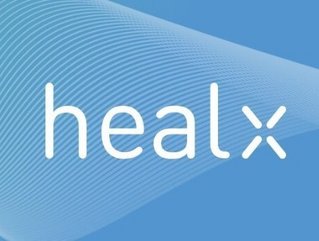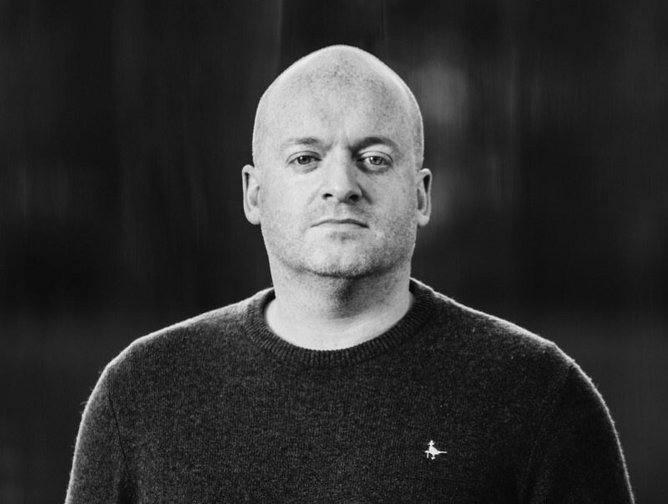Healx: innovating drug discovery with AI and data

Can you tell me about Healx and your roles and responsibilities there?
Healx is an artificial intelligence (AI) powered technology company dedicated to helping the 400 million rare disease patients across the world.
With around 7,000 known rare diseases and 95% of them without an approved treatment, Healx uses AI to identify novel therapies for rare diseases from drugs that are already in existence. As a result, we’re able to accelerate the pace, increase the scale and improve the success rate of rare disease treatment development.
As VP of AI, my job is to oversee the use of artificial intelligence in the research and development department of the company, namely by managing how we operate our AI platform, Healnet. This also involves scaling our AI team and strategy to develop best-in-class drug discovery tools and accelerate innovation in technology-based treatment development for rare diseases.
Can you tell me about your AI platform, Healnet?
Healnet is our innovative AI drug discovery platform, which integrates scientific data on existing drugs and potential disease targets to predict which compound, or combination of compounds, would be capable of treating a rare disease. The platform extracts this data from a range of published sources, such as biomedical research and scientific literature, to form the world's most detailed rare disease knowledge graph. This graph can then be analysed by our multiple AI methods to identify and rank novel drug-disease relationships at scale, speeding the process up exponentially.

How can AI support drug discovery?
Using AI in drug discovery effectively achieves two key things: it finds links between treatments and diseases that humans may not otherwise identify by themselves, and it accelerates the process of discovery altogether, by ingesting a broad range of data and rapidly analysing it for meaning. If a human were to read through each piece of knowledge that AI technology is able to process, it would take hundreds of years to achieve the same results.
Can you tell me about your studies into how AI could help manage the symptoms of Fragile X syndrome?
Fragile X syndrome is the most common inherited cause of autism and learning difficulties in the world, affecting roughly 1 in 4,000 males and 1 in 8,000 females. However, there are currently no effective treatments or cures.
Thanks to our AI-powered discovery methods we have uncovered multiple drug candidates to treat the condition. HLX-0201 - a compound that was originally approved as a nonsteroidal anti-inflammatory drug - is the first compound to be studied. It was identified as a potential treatment by Healx’s novel omic-based drug matching methods. These methods compare the gene expression profile for a disease with the gene expression profiles from our database to find connections and disease pathways between the two. HLX-0201 was then validated in preclinical models of fragile X, where it was found to modify several behaviours similar to those that are exhibited in patients with the condition. Notably, the therapeutic effect observed was found to act in a newly identified secondary mode of action.
We recently received IND approval from the US FDA for the Phase 2a clinical study of the compound, and we’re excited to be kicking that off soon!
What can we expect from Healx and its use of AI-enabled technology in the future?
There’s a long way to go in the world of drug discovery, but it’s safe to say that the industry is growing rapidly. In terms of AI-powered drug discovery as a whole, we hope that further down the line, we will see AI used across the entire drug discovery and development pipeline - from the redevelopment and design of molecules, to the preclinical validation of compounds in tech-driven labs, right up to the running of clinical trials.
For now, at Healx, we intend to continue on our mission to help rare disease patients around the world access life-improving therapies; this will always remain at the core of our business. To achieve this, we are working hard to expand our portfolio - which currently includes 21 programmes - to 50 programmes by 2025, running as many projects in parallel as possible. That way we can accelerate our operations even further, getting the results that patients deserve.






